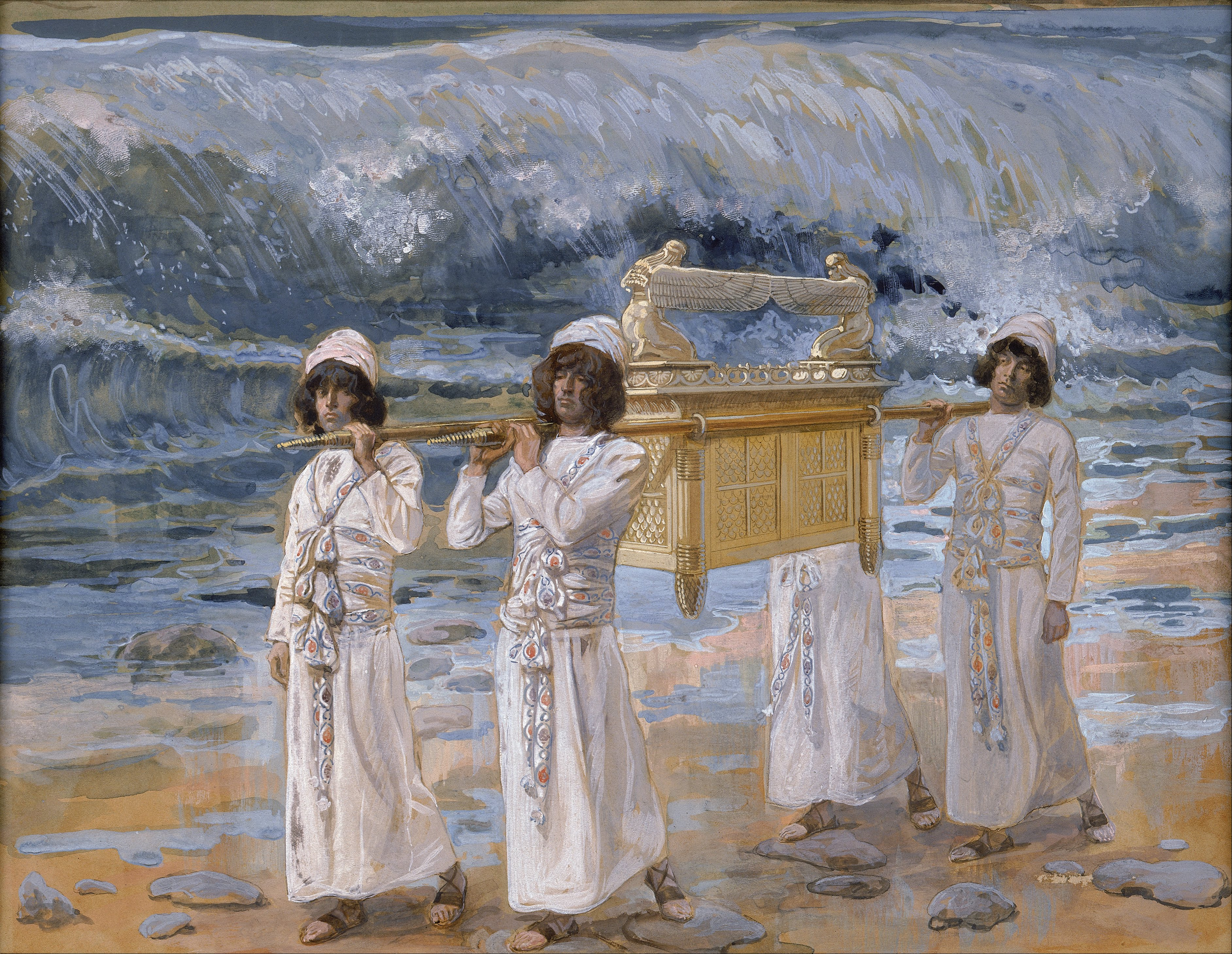
The Ministry of Writing
Beyond the Manger — Seminary in 5: Christology
Save money. Learn theology. Become a better writer. Minister more effectively. That’s my hope for you. In this…
August 24, 2017
Save money. Learn theology. Become a better writer. Minister more effectively. That’s my hope for you. In this…
August 24, 2017
So, I guess it’s ok for a writer to be a NASCAR fan—especially a Southern writer, right? I’m a…
July 10, 2017
Save money. Learn theology. Become a better writer. Minister more effectively. That’s my hope for you. In this second…
May 10, 2017
If you are ministering through your writing, then I am certain that at some point in your ministry God…
April 4, 2017